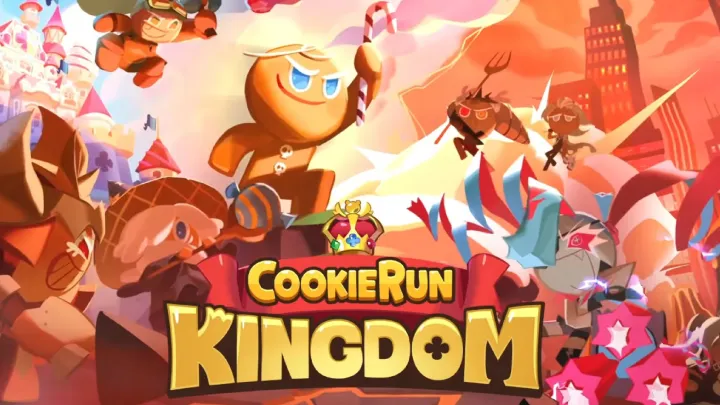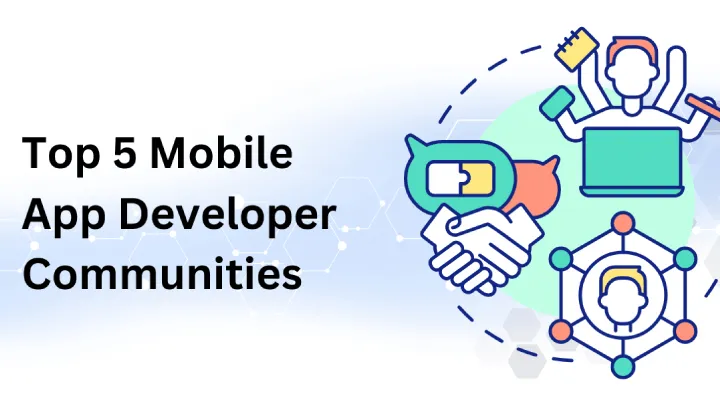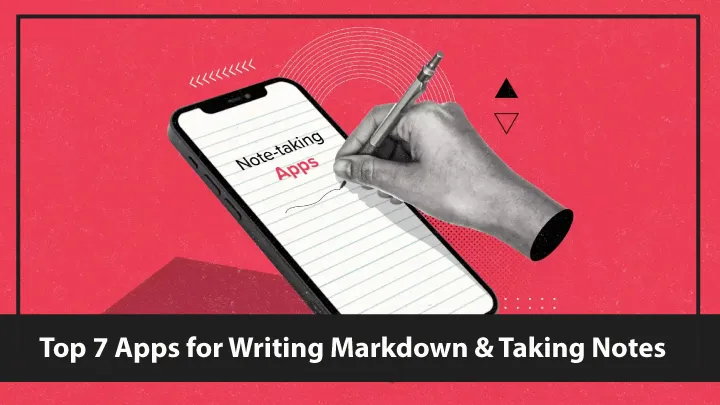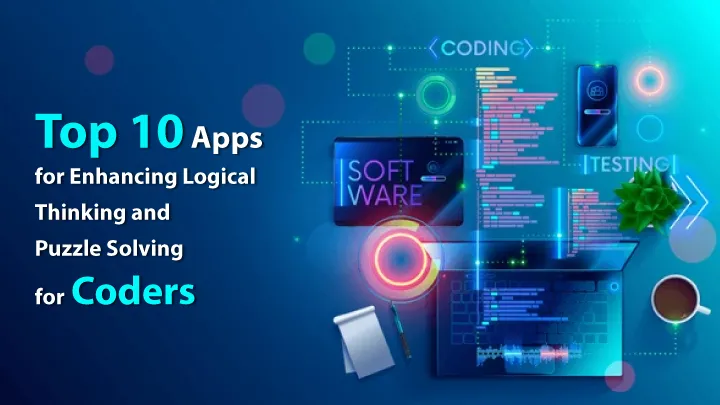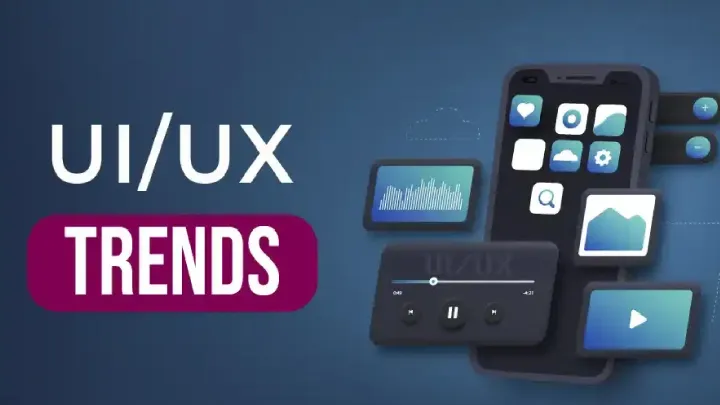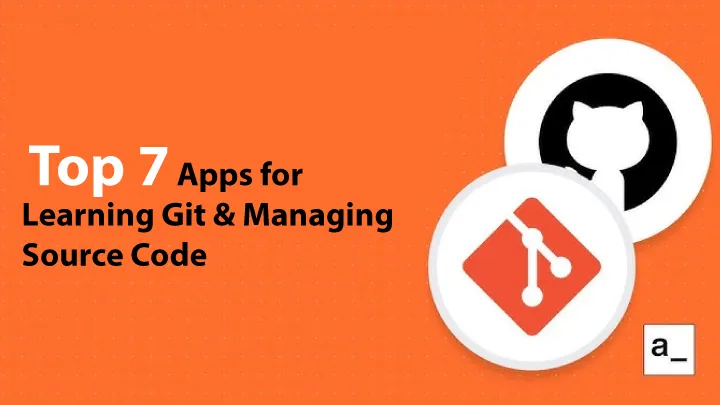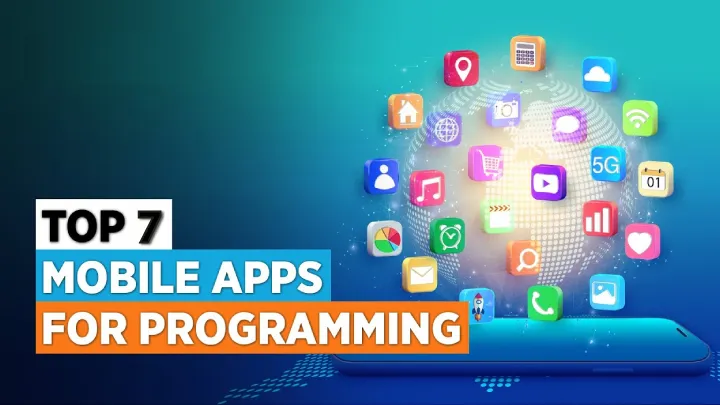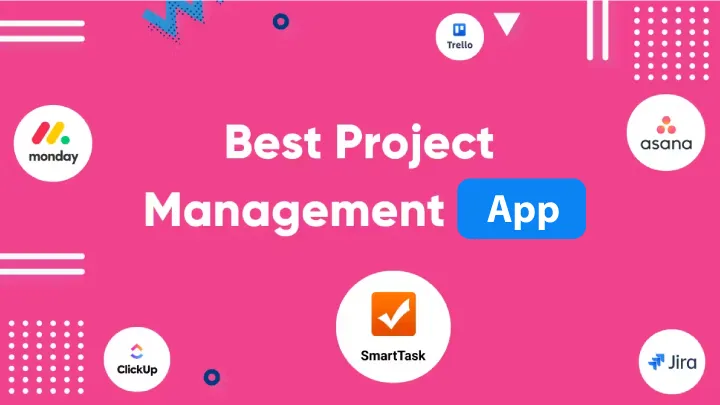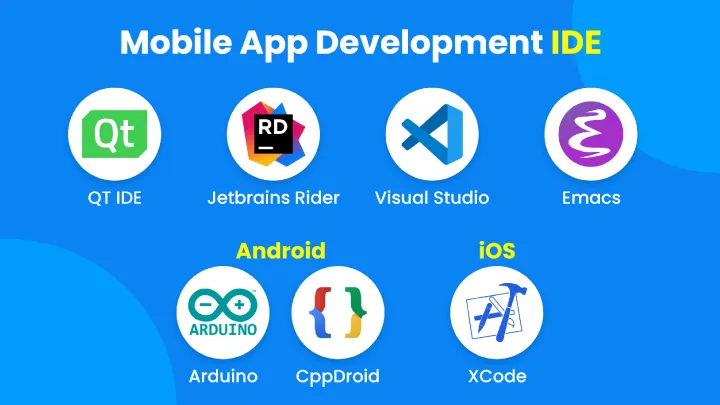Logical thinking and systematic problem solving are the backbone of software development. Whether you’re debugging a tricky concurrency bug, designing an algorithm, or preparing for coding interviews, the mental skills you apply are closer to puzzle solving than to rote memorization. Apps that train reasoning, pattern recognition, abstraction, and step-by-step planning help coders become faster, more creative, and less error-prone.
This guide presents the Top 10 apps (games, brain trainers, and coding challenge platforms) that reliably improve logical thinking for programmers. For each app you’ll find a short overview, concise strengths and weaknesses (bullet lists), and a practical evaluation explaining how developers can benefit from it.
1. Brilliant — interactive math, logic & algorithms
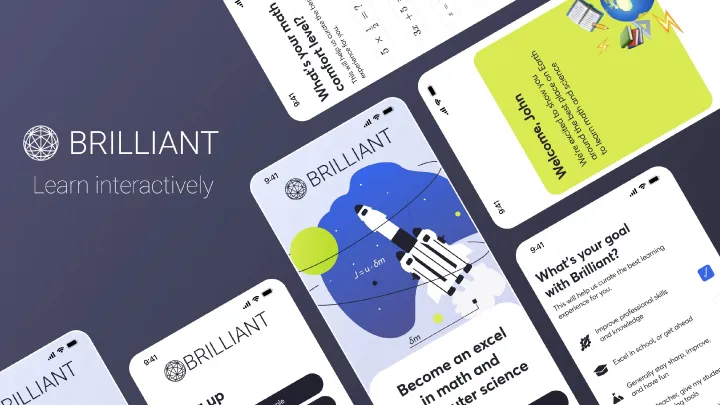
Overview:
Brilliant focuses on active problem solving. Its short, interactive lessons cover logic, discrete math, probability, algorithms, and data structures — all presented as guided puzzles rather than lectures. The platform forces you to reason step by step and explains each insight when you’re stuck.
Strengths
- Hands-on, interactive puzzles that require reasoning rather than passive reading.
- Excellent modules on logic, combinatorics, graph theory, and algorithmic thinking.
- Immediate feedback digs into why answers are right or wrong.
- Bite-sized lessons make daily practice easy.
Weaknesses
- Some advanced topics are high-level and brief rather than exhaustive.
- Subscription required for full access.
- Not a replacement for coding practice — it’s concept-first.
Evaluation:
Brilliant is ideal for coders who want a conceptual workout: strengthen combinatorial thinking, work on proof-style logic, and internalize algorithmic ideas visually. Use it as a warm-up before coding sessions or as weekly targeted study (e.g., spend a week on graph traversals before tackling graph problems on coding sites).
2. Project Euler (and mobile wrappers) — math/algorithm puzzles
Overview:
Project Euler is a long-standing collection of mathematical and computational problems that reward clever algorithms and number theory. Many mobile apps provide friendly interfaces to access Euler problems on the go.
Strengths
- Deep problems that demand algorithmic creativity and optimization.
- Encourages thinking about algorithmic complexity and mathematical shortcuts.
- Excellent for bridging math intuition and implementation.
Weaknesses
- Not beginner-friendly: problems often require advanced math or clever insights.
- No automated hints by default — progress can be slow.
- Solutions can lean heavily on domain knowledge (number theory).
Evaluation:
Project Euler is a perfect fit for coders who want to stretch algorithmic and mathematical reasoning. Treat the platform as long-form puzzles: spend several sessions designing an approach, then implement and optimize. It’s particularly rewarding when you journal your methods and learn alternate solutions from community write-ups.
3. Codewars — kata-based coding puzzles
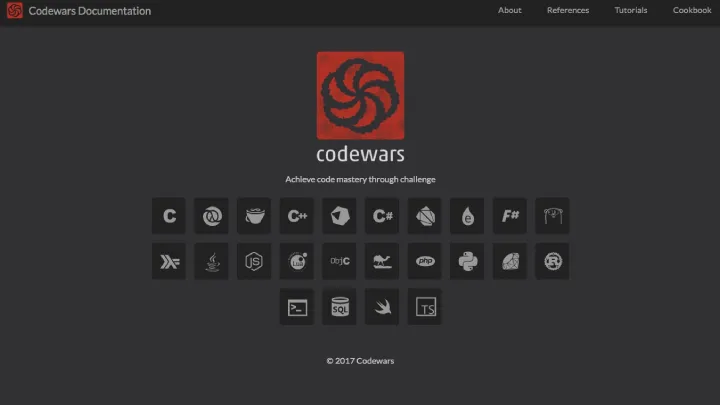
Overview:
Codewars organizes short coding challenges (“kata”) by difficulty and technique. Users solve problems, view others’ solutions, and refactor for elegance. The community-driven nature exposes you to multiple idiomatic patterns across languages.
Strengths
- Huge variety of small, focused tasks that train specific patterns.
- Ranked progression and Kyu/Dan system motivate steady improvement.
- Community solutions show different idioms and clever tricks.
Weaknesses
- Some katas are more about language tricks or quirkiness than algorithmic depth.
- Quality varies — unpopular katas may have weak tests.
- Gamified ranking can encourage chasing points over learning fundamentals.
Evaluation:
Codewars is excellent for daily practice: pick kata that reinforce a weak area (e.g., recursion, bitwise ops, string algorithms). After solving, study top user solutions to learn idiomatic patterns and optimization tricks. Use it to broaden language fluency and mental pattern libraries.
4. HackerRank — interview-style algorithm practice
Overview:
HackerRank offers curated domains (algorithms, data structures, mathematics) and timed practice. It emphasizes applied algorithmic problems and has company-relevant tracks for interview prep.
Strengths
- Realistic, well-graded algorithm and data-structure problems.
- Domain tracks and competitions that target specific weaknesses.
- Built-in judge and multiple supported languages.
Weaknesses
- Some problems emphasize implementation detail and formatting quirks.
- The interface and judge can sometimes hide edge-case behavior (tests vary).
- Less emphasis on deep mathematical puzzles compared to Euler.
Evaluation:
HackerRank is practical for coders preparing for interviews or wanting steady problem exposure under time pressure. Pair it with conceptual apps (like Brilliant) to ensure you understand why patterns work rather than only how to code them.
5. Chess.com — chess puzzles & full games for strategic thinking
Overview:
Chess is a profound exercise in planning, pattern recognition, and tactical calculation. Chess.com provides lessons, tactical puzzles, and play modes that sharpen long-range thinking and decision trees.
Strengths
- Rich puzzle ecosystem focusing on pattern recognition and calculation.
- Play against players or bots to practice applying tactics under pressure.
- Analytics (blunders, missed tactics) show where your reasoning fails.
Weaknesses
- Transfer to coding reasoning is indirect — chess trains strategy and foresight rather than programming syntax.
- Requires time to see substantive cognitive benefits.
Evaluation:
Chess is among the best activities for training sequential planning and scenario forecasting. For coders, short daily puzzle sets (10–20 minutes) improve attention to forward consequences of choices — valuable for debugging, algorithm design, and systems thinking.
6. Human Resource Machine / 7 Billion Humans — programming puzzle games
Overview:
These games turn programming into tactile puzzles: you solve tasks by arranging instruction sequences that mimic assembly or simple imperative languages. They teach control flow, optimization, and thinking like a CPU.
Strengths
- Game-like, fun approach to programming logic and micro-optimizations.
- Visual sequencing of instructions makes loops and conditions concrete.
- Rewards optimization — both correctness and efficiency matter.
Weaknesses
- Abstraction level is low-level; not all lessons map directly to modern high-level languages.
- Can be repetitive once you reach higher levels.
- Paid apps (often one-time purchase).
Evaluation:
Human Resource Machine is an excellent way for coders to internalize control flow and stepwise execution. It’s especially good for juniors who need intuition about instruction order and state change — and for seniors who enjoy optimization puzzles.
7. Lumosity — brain training with logic games
Overview:
Lumosity bundles a set of short brain-training activities that target memory, attention, flexibility, and problem-solving. Many tasks are logic-driven and adapt to your performance.
Strengths
- Adaptive difficulty keeps tasks in the sweet spot for learning.
- Short sessions fit easily into a day.
- Variety of exercises touches multiple cognitive domains.
Weaknesses
- Scientific validity for long-term cognitive transfer is debated.
- Subscription required for full access.
- Some games are more about reaction time than deep reasoning.
Evaluation:
Lumosity is useful as a complementary tool — especially for increasing attention and working memory, both important in complex debugging and long reasoning tasks. Use it alongside algorithmic practice rather than as a standalone solution.
8. The Room (series) — tactile, spatial puzzle boxes
Overview:
The Room games are beautifully designed tactile puzzles where you manipulate mechanical objects, find hidden clues, and reason about multi-step transformations. They demand careful observation and stepwise deduction.
Strengths
- Deep, layered puzzles that reward methodical investigation.
- Excellent at training spatial reasoning and multi-step planning.
- Immersive, rewarding feel encourages sustained focus.
Weaknesses
- Puzzle domain is specialized — benefits are more spatial and deductive than algorithmic.
- Single-player, story-driven format — not suited for structured practice schedules.
Evaluation:
The Room helps sharpen careful observation and the ability to chain small discoveries into a broader solution — a mindset directly useful when tracing bugs through layers of abstraction or reverse-engineering unfamiliar code.
9. Sudoku (apps like Sudoku.com) — pure logical deduction
Overview:
Sudoku is a classic constraint-satisfaction puzzle that trains elimination, pattern spotting, and planning several moves ahead. Modern apps offer varying difficulty levels, candidate pencilmarks, and timed challenges.
Strengths
- Extremely portable and quick to start (ideal for micro practice).
- Trains deterministic logical deduction and pattern recognition.
- Difficulty progression scales from beginner to expert.
Weaknesses
- Narrow skill set — mostly number-based deduction and constraint work.
- Repetitive over long periods; risk of plateau.
Evaluation:
For improving focused deductive logic and constraint reasoning (useful in algorithmic backtracking and CSP problems), Sudoku is a high-value, low-cost practice. Rotate difficulty levels and occasionally solve pencil-and-paper style to force mental visualization.
10. Peak — targeted brain training with logic exercises
Overview:
Peak offers short, daily games across reasoning, mental agility, and problem solving. Its “Coach” mode personalizes exercises and tracks progress via metrics.
Strengths
- Polished UI and a wide variety of mini-games targeting logic and reasoning.
- Short, daily sessions make habit formation easy.
- Progress analytics help you see gains over weeks.
Weaknesses
- Like Lumosity, long-term transfer to complex skills is mixed in evidence.
- Some games prioritize speed over deep analytical thought.
- Subscription model for advanced features.
Evaluation:
Peak is a solid, convenient option for steady cognitive maintenance. Coders can use it to keep mental agility sharp between coding sessions, especially on days without heavy technical practice.
How to combine these apps into a coherent training plan
- Daily micro-habit (10–20 min):
- Start with 10 minutes on a logic/brain app (Peak or Lumosity) to warm up attention.
- Follow with a 15–30 minute coding kata on Codewars or HackerRank to practice pattern application.
- Weekly deep puzzle (1–2 hours):
- Tackle a Project Euler problem or an advanced Codewars kata. Write a short solution journal describing your thought process.
- Weekend strategic thinking (30–60 min):
- Solve a set of chess puzzles on Chess.com and play one rapid game — trains planning under uncertainty.
- Occasional creative problems (play sessions):
- Play Human Resource Machine or The Room for 45–90 minutes to practice sequential planning and complex deduction.
- Periodically review and reflect:
- Maintain a notebook (digital or physical) logging strategies that worked, common patterns, and mistakes to avoid. Revisit older problems after 2–4 weeks to check retention.
Measuring progress and avoiding plateaus
- Quantitative metrics: track solved problems per week, average time to solve, and accuracy in apps that report scores.
- Qualitative reflection: write 2–3 lines after difficult problems: what was the key insight? where did you get stuck?
- Spaced repetition: periodically reattempt problems or puzzle types you solved months earlier.
- Diversity of practice: mix pure logic (Sudoku), strategy (chess), math puzzles (Euler), and coding kata (Codewars/HackerRank) to build a flexible reasoning toolbox.
Conclusion
Improving logical thinking and puzzle-solving skills is an investment that pays off directly in better algorithms, cleaner debugging, and more robust system design. The ten apps above cover complementary training needs:
- Conceptual foundations: Brilliant and Project Euler teach mathematical and logical frameworks.
- Applied coding practice: Codewars and HackerRank translate reasoning into implementation.
- Strategic and forward planning: Chess.com trains multi-move forecasting.
- Tactile, sequential reasoning: Human Resource Machine and The Room develop stepwise execution and stateful thinking.
- Cognitive maintenance: Lumosity, Peak, and Sudoku apps keep attention and working memory sharp.
Pick a small set (2–4 apps) and build consistent habits: micro-practice daily, stretch with deep problems weekly, and reflect on your methods. Over months, you’ll notice faster insight formation, fewer blind alleys, and a growing library of reusable problem-solving patterns — which makes you a stronger, more confident coder.






